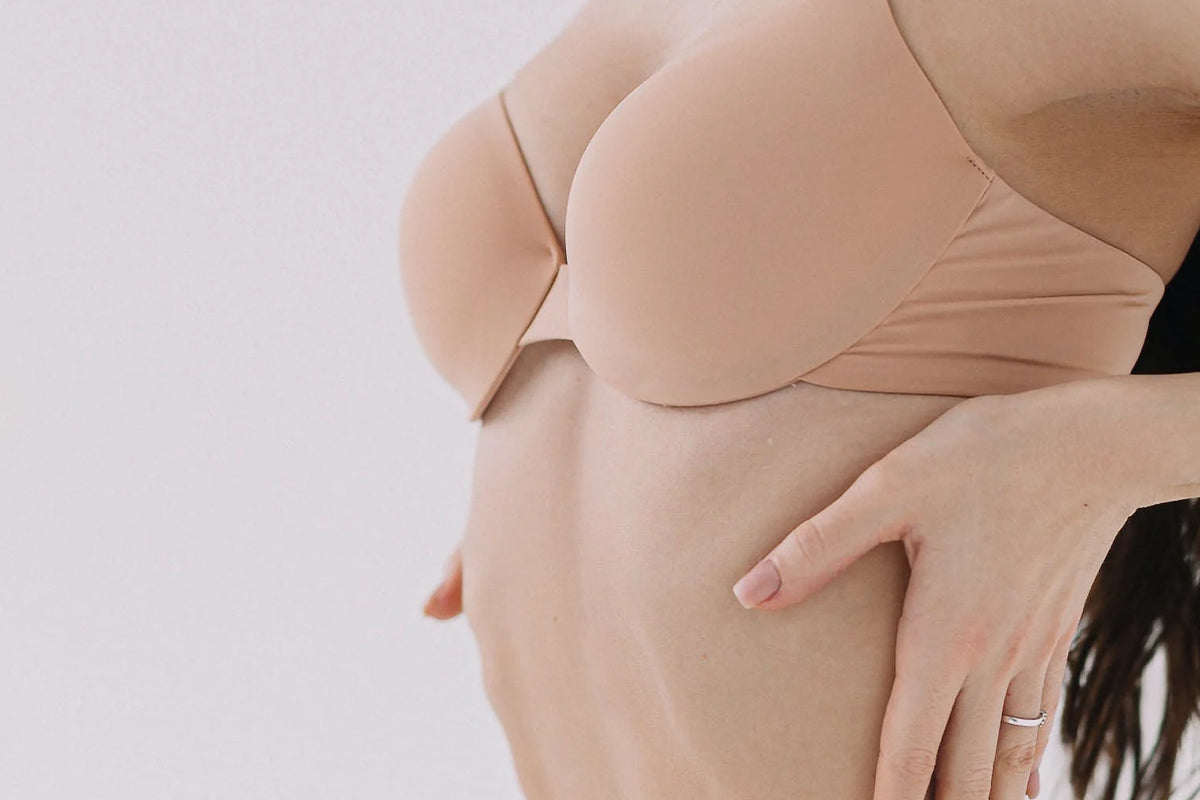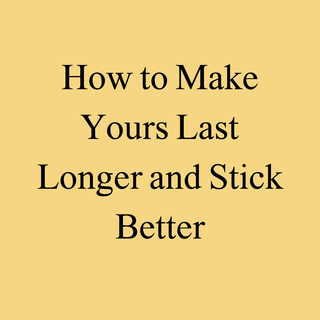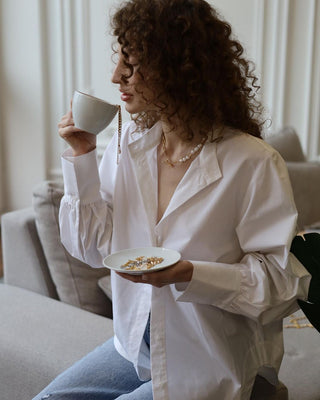Breast health is every woman’s responsibility. It’s something we should all take seriously. It needs attention, care, and regular check-ups. Being mindful of your breast health can help you catch any problems early and get the treatment you need.
After all, our breasts are a major part of our body image and how we feel about ourselves. There are a lot of myths out there about breast health. But the fact is, there are some simple things you can do to keep your breasts healthy and reduce the risk of breast complications. Here are some tips for women’s breast health:

1. Get to know your breasts.
Be familiar with how they look and feel normally so you can notice any changes. This way, you’ll be more likely to notice any changes. If you see or feel anything unusual, don’t hesitate to contact your doctor.
How do you know if there is a change?
There are several things you can look for, including:
- A change in size or shape
- A lump, thickening, or bulge
- A discharge from the nipple
- A change in how the skin on your breasts looks or feels, such as dimpling
- Pain in your breasts or nipples
The above changes can be signs of benign conditions, such as an infection or cyst. However, they can also be signs of more serious conditions, such as breast cancer. So, if you notice any changes, be sure to see your doctor right away.

2. Perform breast self-exams regularly.
Breast self-exams are an important way to check for changes in your breasts. You can do them at home, and you don’t need any special equipment. The key is to be familiar with how your breasts look and feel so you can notice any changes.
To perform a breast self-exam:
- Start by looking at your breasts in the mirror with your shoulders straight and your arms on your hips.
- Look for any changes in size, shape, or symmetry.
- Next, feel your breasts while lying down, using your right hand to feel your left breast and then your left hand to feel your right breast.
- Use a light, circular motion as you feel for any lumps or irregularities.
- Finally, feel your breasts while you are standing or sitting up. Many women find that the best way to do this is to put a pillow under their right shoulder and then their right arm behind their head. Then they can use their left hand to feel their right breast.
- Again, use a light, circular motion as you feel for any lumps or irregularities.
How often should you perform a breast self-exam?
The American Cancer Society (ACS) recommends that women of all ages perform breast self-exams at least once a month.

3. Have the right sized bras
When it comes to breast health, a bra that fits well is a must. Not only can a poorly fitting bra be uncomfortable, but it can also lead to several issues, including breast pain, back pain, and even difficulty breathing. To ensure you're getting the right fit, be sure to get professionally fitted for a bra. Once you have a few well-fitting bras, make sure to check the fit regularly as your body changes over time.
A well-fitting bra should be:
- Comfortable, supportive, and not cause any pain
- Made of breathable fabric to help reduce sweat and skin irritation
- Free of any wires that could dig into your skin
- Fit snugly around the rib cage
- Not ride up in the back
- Not pinch or gap at the front
- Not cause the straps to dig into your skin

4. Avoid smoking & limit your alcohol intake
Alcohol and smoking are linked to an increased risk of developing breast cancer. It has been established that smokers have a higher risk of developing breast cancer than non-smokers, so quitting smoking is one of the best things you can do for your breast health.
If you do drink alcohol, it is important to limit your intake to no more than one drink per day. You may also want to consider cutting back on alcohol or eliminating it to reduce your risk of developing breast cancer.
When breastfeeding, it is important to avoid alcohol as it can pass through your breast milk to your baby. This is unhealthy for both you and your infant. To avoid exposing your baby to alcohol, pump and dump for at least two hours after drinking alcohol.

5. Eat a healthy diet
What you eat can affect your breast health in several ways. First, a healthy diet can help you maintain a healthy weight, which is important since being overweight or obese is linked to an increased risk of developing breast cancer.
Eating a healthy diet and getting regular exercise are two of the best things you can do for your overall health, and they may also help keep your breasts healthy. A healthy diet includes plenty of fruits, vegetables, and whole grains, and limits red meat, processed foods, and alcohol.
There is no one “perfect” diet for breast health, but some research suggests that a diet rich in phytoestrogens (plant-based estrogens) may be beneficial. These substances are found in soybeans, tofu, and other soy-based products, as well as in flaxseed, certain fruits, and vegetables.

6. Get regular exercise
Exercise has several benefits for overall health, including reducing the risk of breast cancer. A large study of women found that those who exercised regularly (at least four hours per week) had a lower risk of breast cancer than those who didn’t exercise.
Breasts can be kept strong and healthy by using chest workouts such as cobra stance, traveling plank, pushups, and plank. It also helps to keep the breasts from sagging.
The best way to get the exercise you need is to find an activity you enjoy and make it part of your routine. Walking, swimming, biking, and dancing are all great options.

7. Take Vitamin D and E supplements
Vitamin D and E are two nutrients that have been linked to breast health. Vitamin D helps the body absorb calcium, which is important for maintaining bone health. Vitamin E is an antioxidant that helps protect cells from damage.
While you can get these nutrients from food, some studies suggest that taking supplements may be beneficial. If you decide to take supplements, be sure to talk to your doctor first to make sure they’re safe for you.
A low level of Vitamin D has been associated with an increased risk of breast cancer. A study of postmenopausal women found that those with the lowest levels of vitamin D were more than twice as likely to develop breast cancer as those with the highest levels.
Vitamin E supplements may also reduce the risk of breast cancer. A large study of women found that those who took vitamin E supplements had a lower risk of developing breast cancer than those who didn’t.

8. Limit your exposure to environmental pollutants
Many environmental pollutants can be harmful to your health, including those that can affect your breast health such as:
- pesticides
- herbicides
- fungicides
- heavy metals
- volatile organic compounds
While you can't always avoid exposure to these pollutants, you can take steps to limit your exposure. This way, you can protect your breast health and overall health.
Some tips to limit your exposure to environmental pollutants include:
- Choose organic produce whenever possible.
- limit your exposure to exhaust fumes
- use a water filter to remove contaminants from your tap water
- avoid using products that contain harmful chemicals

9. Manage your stress levels
Chronic stress can harm your overall health, including your breast health. When you are stressed, your body produces more of the hormone cortisol. This can lead to an increase in inflammation, which in turn can promote the growth of cancerous cells.
To manage your stress levels, try to find healthy ways to relax and de-stress. This could include yoga, meditation, aromatherapy, or even just spending time with friends and family. You can also seek help from a therapist or counselor if you feel like your stress is unmanageable.

10. Keep a healthy weight
Being overweight or obese can also put you at a higher risk for breast cancer. This is because fatty tissue produces more estrogen, which can promote the growth of cancer cells.
The breasts are mostly made up of fatty tissue, so it’s important to keep your weight in check. Maintaining a healthy weight through diet and exercise can also help lower your risk of other chronic diseases, such as heart disease and diabetes.
Conclusion
By following these tips, you can help keep your breasts healthy and lower your risk of developing breast cancer. Remember to consult with your doctor if you have any concerns about your breast health. They can perform a clinical breast exam and order mammograms or other tests if needed.



